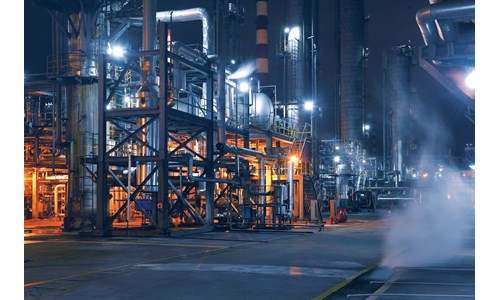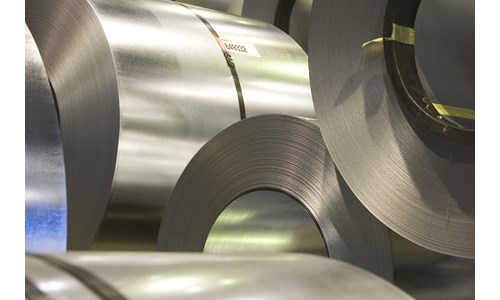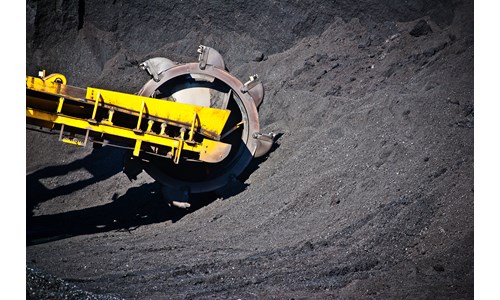Paper vs plastic: breaking down the debate in flexible packaging sustainability
*Please note that this report only includes an Excel data file if this is indicated in "What's included" below
Does paper always trump plastic when it comes to sustainability?
Like many other major plastics applications, plastics use in flexible packaging has come under deep scrutiny in recent years. Paper is often cited as the more sustainable option, but substitution is a complex issue.
This study explores the potential substitution of plastic-based flexible packaging with paper-based alternatives, and the environmental impacts of either choice.

Inside this report:
- Performance: how do plastic and paper’s qualities – including flexibility, weight, strength and barrier properties – compare?
- Sustainability: what factors come into play? How do paper and plastics compare on recyclability, production processes and transportation and emissions?
- Making the switch: which brands are transitioning from plastic to paper-based solutions?
Plastics innovation: how are plastic film suppliers and converters working towards more sustainable plastic-based flexible packaging?
Want to know more about what's in this report?
Contact us via the form at the top of the page.
Reports are also available on Flexible Packaging European Supply Demand 2020 and Flexible Packaging in Asia - Supply Demand Study to 2022.
Did you know?
Demand for plastic flexible packaging has grown steadily
Global demand for polypropylene film (BOPP) has been growing by about 5% a year over the last decade, for example. Polyester film (BOPET) demand has grown at an average of 8%.
Recyclability is a complex issue
Paper is more often recycled than resin, due to lower sensitivity to contaminants. But in ideal recycling conditions a paper fibre can be recycled fewer times than a plastic polymer chain.
Paper recycling rates are usually reported at around five to seven times as fibres reduce in length each time it is processed. Resins can (in theory) be recycled up to 12 times. However, ideal recycling conditions are not the norm.
Not all paper-based solutions are recyclable
Paper-based flexible packaging is often laminated with plastic or aluminium or coated with resin. This can make it non-recyclable.
Investment in the development of functional barrier paper, to eliminate the need for laminates and coatings, will play an important role in the evolution of paper-based flexible packaging.
Read the full report for more detail.
Got a question about this report?
Mariana Santos Moreira, Senior Research Analyst, Films & Flexible Packaging, will be happy to answer your queries. Get in touch by filling in the form at the top of this page.
Report summary
Table of contents
-
Does paper trump plastic when it comes to sustainability?
- After a long period of declining demand in many end-use applications, paper-based flexible packaging is trending on public opinion
- If public opinion is so paper-focused, why are brands still widely using plastic-based flex packaging?
- Performance
- Cost
- Paper-based products bring their own issues, that often translates to being overall less sustainable than plastic in some applications
- Plastic-to-paper replacement can be a sustainable, cost-effective switch though, as several brands have shown
- But, in many cases, plastic is still the best available choice, and plastic film converters are looking to change public opinion by becoming more sustainable
- Is there a perfect substrate solution?
Tables and charts
This report includes the following images and tables:
- Estimated value of global flexible packaging market size in 2019
- Paper properties
- Cost allocation (%) by specification
- Essential functionalities
- Recent plastic to paper transition solutions
- Recent plastic to paper transition solutions
- More sustainable solutions
- More sustainable solutions
What's included
This report contains:















